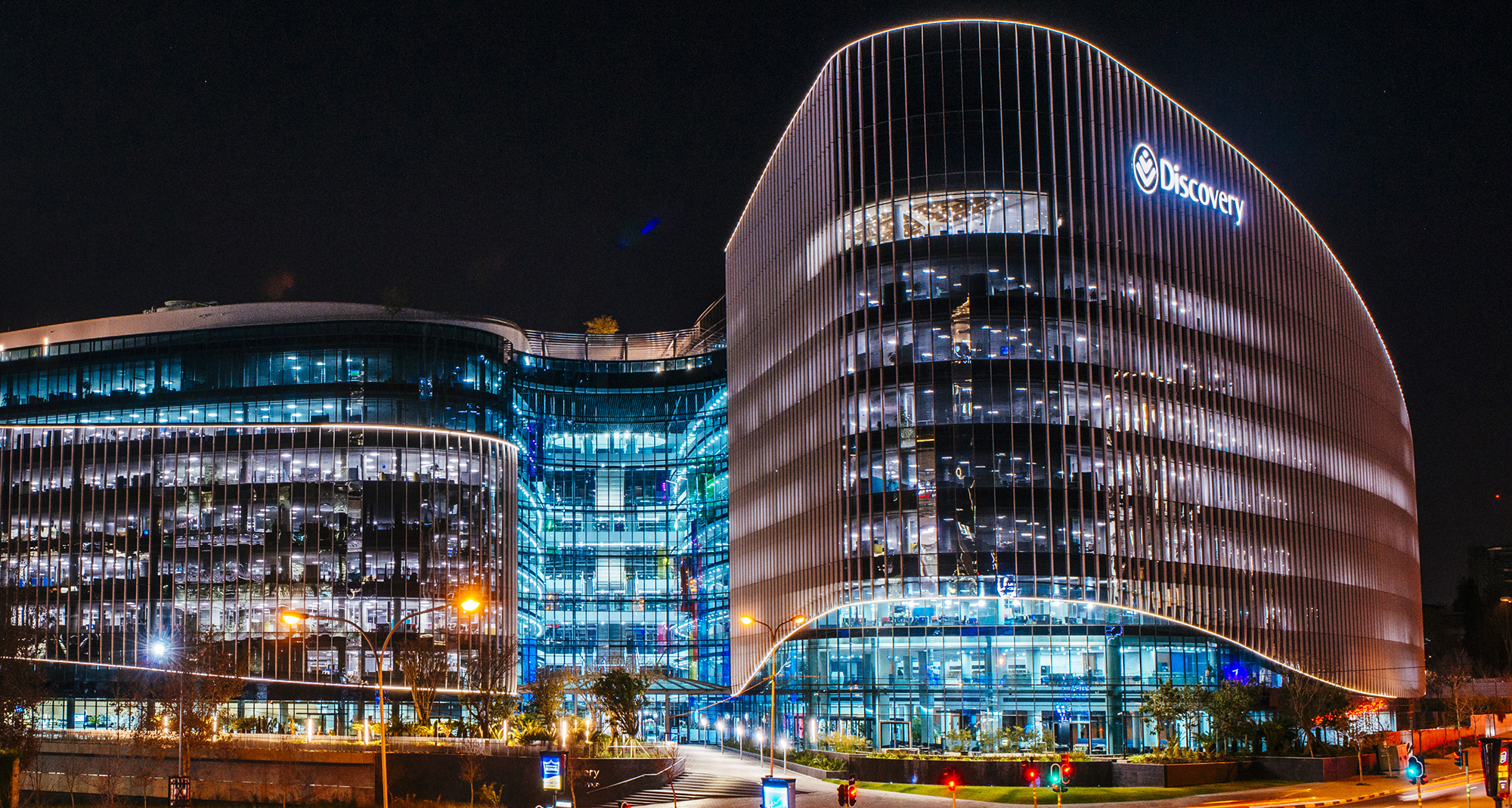There is one local company about which the market is either very right or very wrong, and that company is Discovery. The extremities of the possibilities are wider apart with Discovery than with any other large company on the JSE.
Take, for example, Discovery’s recent results announced last week. Profit for the year surged 70% to R5.47-billion. That is not record profit, but it’s pretty damn close. So, of course, the share price dropped 10%. What?
Investors got a big fright from two things: the lack of a dividend and the amount the company invested in Discovery Bank, which reported a loss of just under a billion rand. This is not the first time investors have lost confidence in Discovery, and Discovery’s share price is now 20% lower than it was five years ago.
How does that make sense? Consider what Discovery looked like five years ago. In its 2016 results, profit came in at R3.7-billion and turnover at R43-billion, compared with R68-billion this year. Ten years ago, Discovery made a profit of R2.2-billion off a turnover of R13-billion.
There is a really fundamental disconnect here. What is going on?
I think three things are happening. First, Discovery is getting harder to understand because the business itself is becoming more complicated. It was complicated enough when Discovery was just a healthcare company, but now it’s an odd combination of a healthcare company, an insurance company and a bank.
The really tricky part is the insurance business, partly because the process of selling insurance policies is expensive, and recouping that investment takes an enormous amount of time.
Plus, there is that other thing: Vitality – which is what, exactly? A kind of healthcare add-on that is rapidly expanding around the world under its own steam, under its own logic. Vitality has 27 million members in 37 different markets. It’s now a monster, but not a very profitable one. The progress of this simple-but-brilliant idea has just been astounding. Well, astounding to everyone except investors.
Discovery CEO Adrian Gore’s strategy has been to use the platform provided by an existing business to build a new platform in a new business segment. To me, that seems entirely sensible, and the company’s execution in each one of these steps has been remarkable. But it has had the effect of setting the company apart from previously comparable companies, so it’s now difficult to tell whether we should be comparing Discovery to Sanlam or Investec.
Visit Daily Maverick's home page for more news, analysis and investigations
Second, there is a big gulf emerging between the ambition of the group and the innate conservatism of the SA investment community. For SA’s formal investment community, focused as it is on retirement security, the expansion of Discovery is all good and well, but it also increases risk. And that is not good.
Consider Discovery Bank, for example. It costs a fortune to build a bank, as Discovery is, well, discovering. It did lose a thumping great lump of cash, but it also grew its client base to over 1 million accounts and retail deposits increased by 30% to R10.6-billion. It now has around half a million clients and aims to reach about a million by 2026.
I actually didn’t think they could do that, and I suspect my scepticism was shared by the market in general. But it just illustrates how little value the SA market puts on the possibility of blowout performance against its very acute sense of risk.
After you have seen a series of big disasters like Steinhoff and Tongaat, it’s natural that shareholders are a little gun-shy. But this is a big problem for the market in general, particularly if this becomes an entrenched bias against high-potential investments.
Third, I think the numbers that Discovery is recording suggest it is massively valuing expansion over profitability. There are lots of indicators here, but just take the example above; the very basic comparison of turnover to income. The fact is that Discovery’s profit margin is kittenesque: small and jumpy.
Discovery’s argument, of course, is that it’s investing in growth. The group’s target is to spend about 10% of operating profit on new initiatives, but with expenditure of R2.1-billion on new initiatives, that’s more like 18% of operating profit, as my colleague, The Finance Ghost, has pointed out.
A key feature of Discovery’s genius is that the company uses actuarial science in a sort of artificial intelligence way to try to understand its customers better than its competitors, and use that information to develop the products they know their customers will want – and then reward them for doing so. This is what unifies the company’s seemingly diverse set of products and services, products which, by the way, don’t normally talk to each other.
Personally, I’m with Team Gore and Discovery here: push on – the market will come around eventually ... but then, I’m not a professional investor. If the business fails, it won’t matter; if it succeeds, you can say the four most wonderful words in the English language: “I told you so.”
But is Discovery taking the market with them? Clearly, not so much. BM/DM





